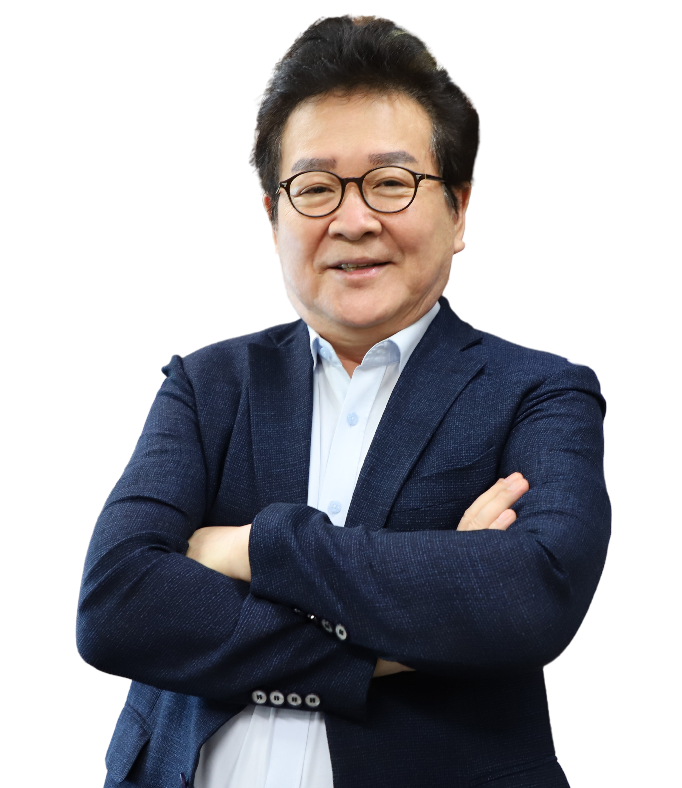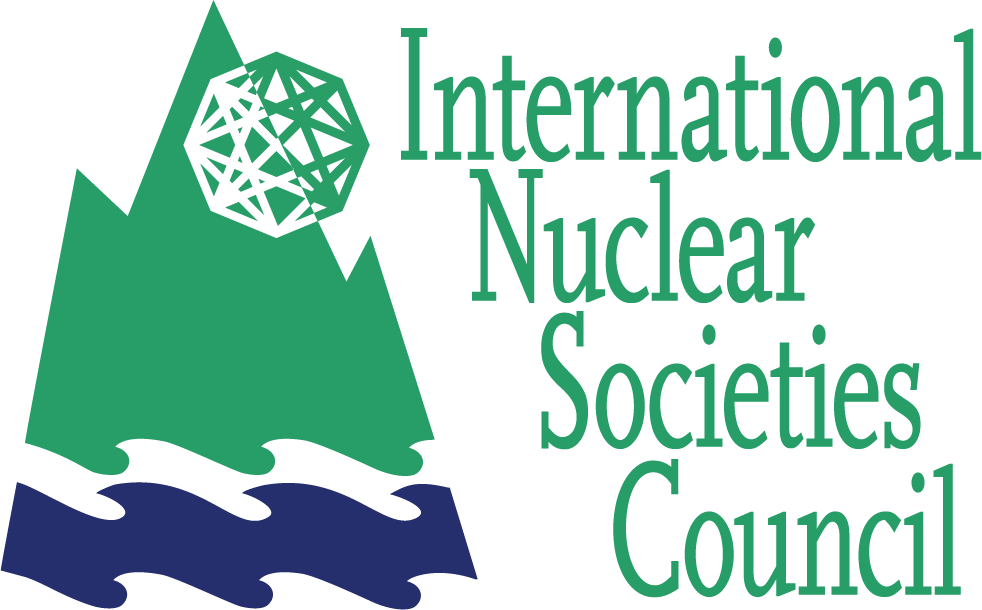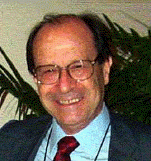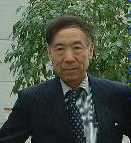Chairman Spitalnik’s Message
INSC is starting its 13th year of existence with full recognition by its Member Societies of its usefulness and relevance, having conquered the position of being their focal point for international exchange of ideas and concerns resulting from the use and applications of nuclear science and technology.
During our mandate of the 2003-04 time period, we shall make all efforts to maintain this successful INSC achievement and to work towards reaching common grounds in dealing with controversial nuclear issues that are getting, nowadays, into the global agenda.
It is our aim to continue the publication of the Series on Current Issues of Nuclear Energy, right now with Reports in two particular areas; Nuclear Non-Proliferation and Nuclear Role in Coming Future — Hydrogen Utilization. In addition to the work of existing INSC Task Groups, other issues that could be considered for development in the near future are Nuclear Safety Culture, and Non-Proliferation Reactors and associated Fuel Cycles.
By initiative of AESJ, INSC could reach an agreement with the United Nations University (U.N.U.) to implement a new program of Annual Seminars for University students on subjects related to the contribution of different energy options to sustainable development, environment protection and reduction of greenhouse gases emissions, and advances in non-power nuclear energy applications. Discussions that were started last year, under the administration of the immediate past-Chairman, Dr. Chang-Kun Lee, are fairly advanced to set up a Cooperation Agreement between INSC and U.N.U., and it is our intention to pursue them.
We shall continue with our efforts to increase our membership by adding new Nuclear Societies to our Member Societies roster, and to get further recognition from International Organizations to obtain the NGO Observer status amongst them.
Let me thank you all for your kind contribution and support in making INSC a really relevant Institution for all nuclear communities worldwide.
INSC Chair 2003-2004




